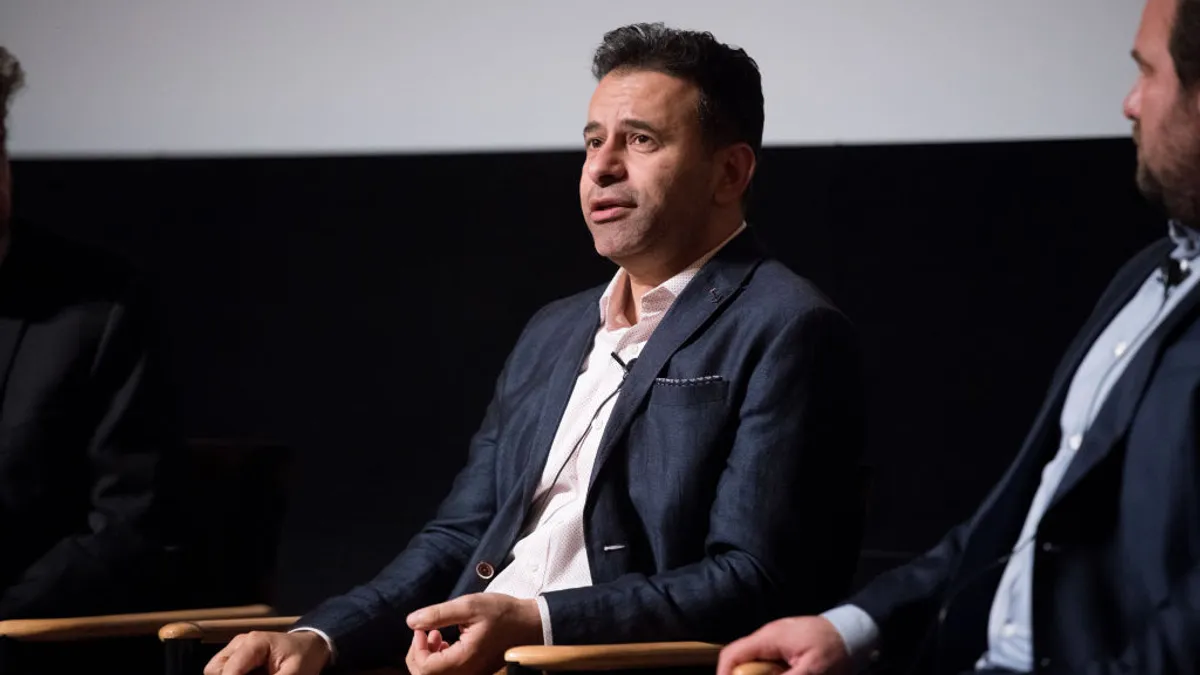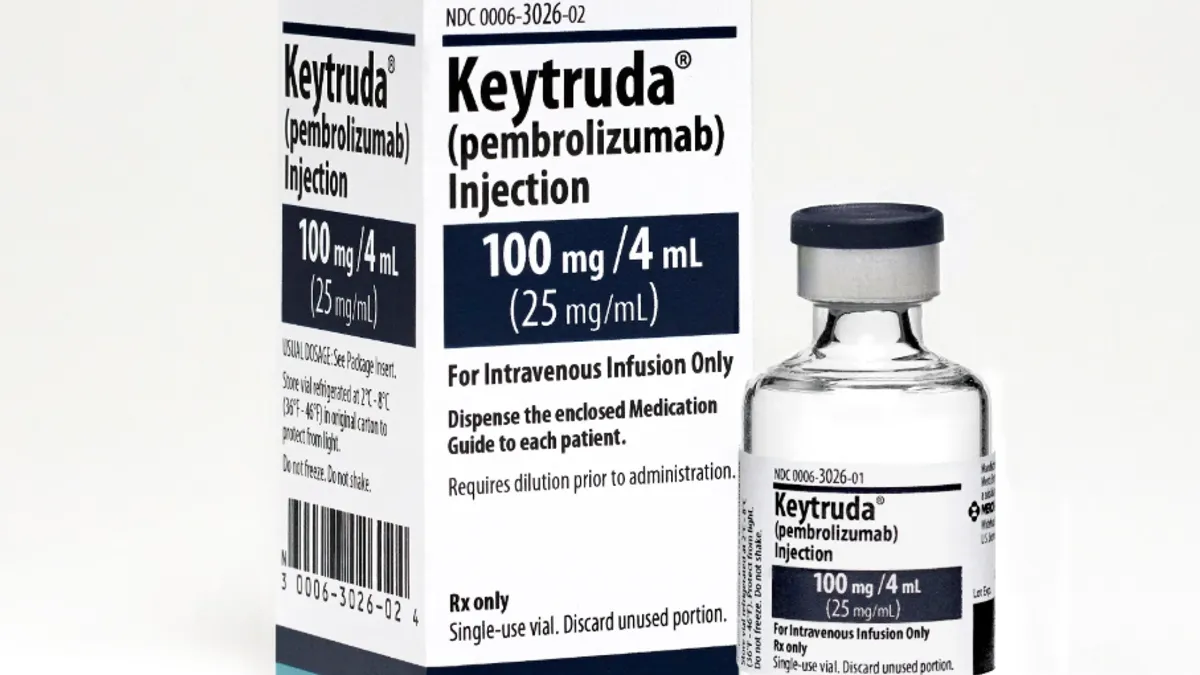Apple Watch Expands Capabilities to improve health outcomes in cardiac, diabetes, depression
Trend Watch: Apple Watch continues to revolutionize health data collection.
Did you get an Apple Watch for the holidays? Lucky you, especially since several additional capabilities were unveiled at the end of last year, just in time for the gift giving season.
 For example, in late November, AliveCor received FDA approval for an ECG-sensing Apple Watch strap that, in combination with the SmartRhythm app, allows users to view their ECG in near real time.
For example, in late November, AliveCor received FDA approval for an ECG-sensing Apple Watch strap that, in combination with the SmartRhythm app, allows users to view their ECG in near real time.
The strap, called KardiaBand, is an upgraded version of a product that launched in Europe last year. But in addition to the band, the new app SmartRhythm now can continuously measure heart rate on the Watch, then prompts the user to record an ECG when the heart rate data suggests a possible arrhythmia.
AliveCor’s app measures heart rate continuously and runs that data through an algorithm trained on a deep learning neural network every five seconds. If the network finds the data isn’t what it should be, taking into account other factors like time of day and activity, it prompts the user to record an ECG.
The technology is unprecedented because the ECG is the first test a doctor would want to run in response to a heart rate irregularity. With AliveCor, the user can capture that reading right away.
Additionally, AliveCor’s system can send an ECG to a doctor even if the algorithm doesn’t detect atrial fibrillation, which means the technology often leads patients to receive more obscure diagnoses that otherwise might have been missed.
Kardia Band is available for $199, but to use, customers also have to sign up for AliveCor’s $99 per year premium service, which includes storage for unlimited recordings, use of the company’s algorithms, and a paper report mailed to the user each month.
One Drop Mobile App Helps Reduce A1c Levels
 One Drop, a digital diabetes care and self-management platform, reports that a recent study found people with diabetes who used the One Drop mobile app on their iPhone and Apple Watch were able to reduce their hemoglobin A1c by an average 1.36%. This is a significant percentage, since lowering A1c by an absolute 0.5% decreases cardiovascular disease by 10%. Each 1% A1c reduction is associated with a 37% decrease in the risk of microvascular complications and a 21% decrease in the risk of any diabetes-related complication or death.
One Drop, a digital diabetes care and self-management platform, reports that a recent study found people with diabetes who used the One Drop mobile app on their iPhone and Apple Watch were able to reduce their hemoglobin A1c by an average 1.36%. This is a significant percentage, since lowering A1c by an absolute 0.5% decreases cardiovascular disease by 10%. Each 1% A1c reduction is associated with a 37% decrease in the risk of microvascular complications and a 21% decrease in the risk of any diabetes-related complication or death.
“Improving A1c by 1.0% or more not only yields better quality of life for our users, but also saves them an estimated $1,324.30 per person in the first year and an estimated $8,128.83 after five years," says Jeff Dachis, founder and CEO of One Drop. “We are using behavioral- and data science-backed approaches to deliver the most accessible, engaging, affordable, and clinically effective digital diabetes self-care platform in the market."
One Drop announced a multi-part collaboration with Fitbit that will use the power of Fitbit wearable data to bring enhanced data-driven care management tools to the diabetes community.
One Drop (Informed Data Systems) is a digital health company harnessing the power of mobile computing and data science to transform the lives of everyone with diabetes worldwide.
Apple Launches Heart Study with its Own App
 In November, Apple launched its own app — Apple Heart Study — a first-of-its-kind research study using Apple Watch’s heart rate sensor to collect data on irregular heart rhythms and notify users who may be experiencing atrial fibrillation (AFib). In partnership with Stanford University, the Apple Heart Study aims to see if the Apple Watch can accurately identify arrhythmias with its heart-rate tracking technology and notify users of possible atrial fibrillation.
In November, Apple launched its own app — Apple Heart Study — a first-of-its-kind research study using Apple Watch’s heart rate sensor to collect data on irregular heart rhythms and notify users who may be experiencing atrial fibrillation (AFib). In partnership with Stanford University, the Apple Heart Study aims to see if the Apple Watch can accurately identify arrhythmias with its heart-rate tracking technology and notify users of possible atrial fibrillation.
To calculate heart rate and rhythm, Apple Watch’s sensor uses green LED lights flashing hundreds of times per second and light-sensitive photodiodes to detect the amount of blood flowing through the wrist. The sensor’s unique optical design gathers signals from four distinct points on the wrist, and when combined with powerful software algorithms, Apple Watch isolates heart rhythms from other noise. The Apple Heart Study app uses this technology to identify an irregular heart rhythm.
Apple is partnering with Stanford Medicine to perform the research. As part of the study, if an irregular heart rhythm is identified, participants will receive a notification on their Apple Watch and iPhone, a free consultation with a study doctor, and an electrocardiogram (ECG) patch for additional monitoring. The Apple Heart Study app is available in the U.S. App Store to customers who are 22 years or older and have an Apple Watch Series 1 or later.
Apps created with Apple’s ResearchKit platform, a software tool researchers use to conduct studies, have produced insights and discoveries about conditions such as autism and Parkinson’s disease at a pace and scale never seen before. To date, Apple’s ResearchKit and CareKit platforms have been used by more than 500 researchers and more than 3 million participants. (PV)


















